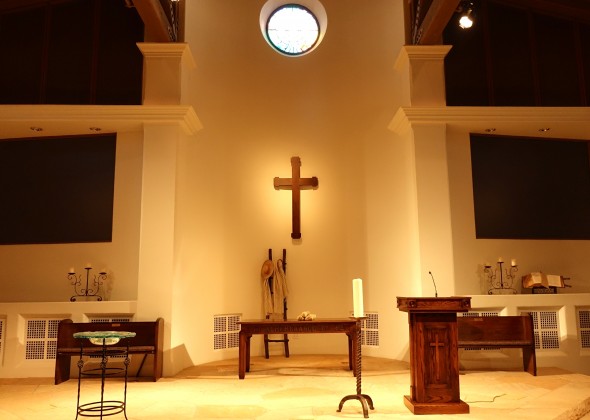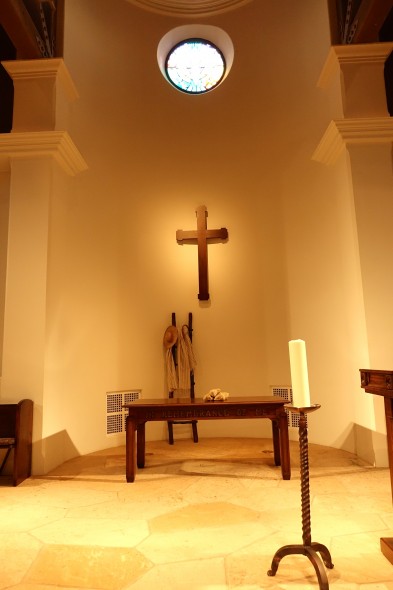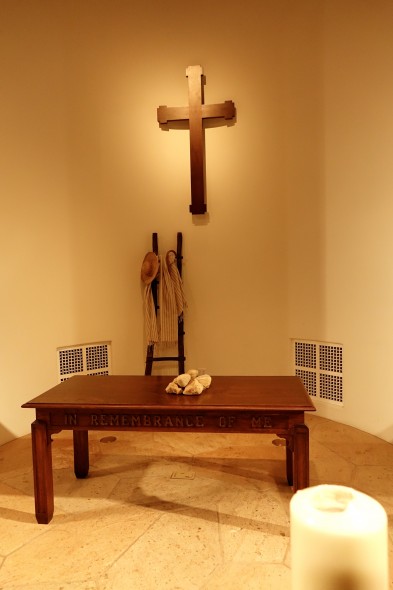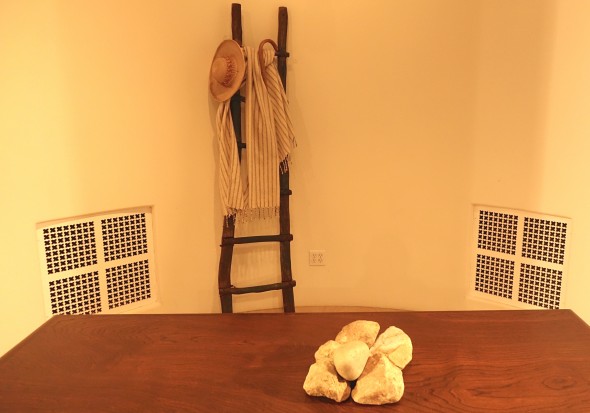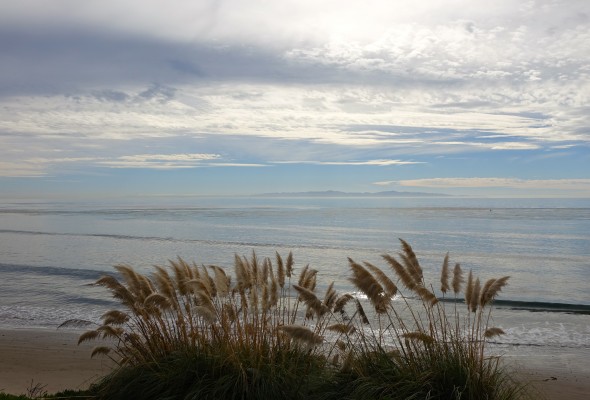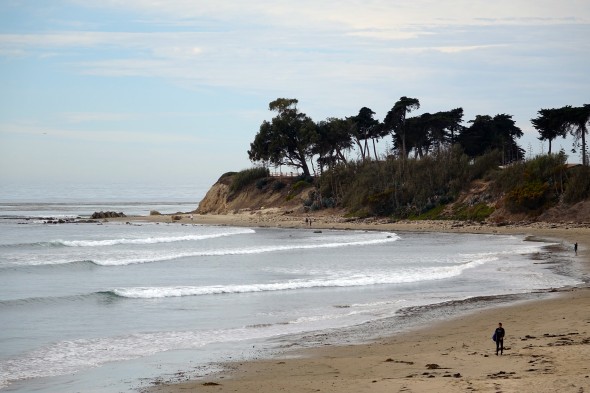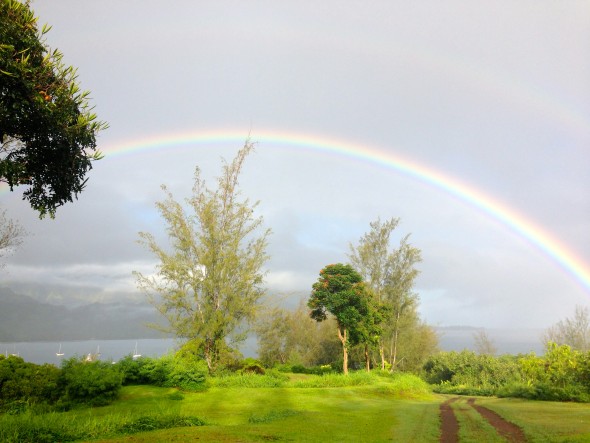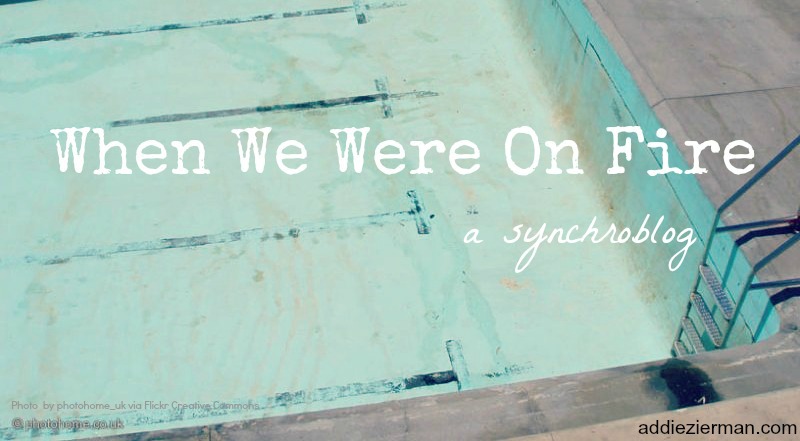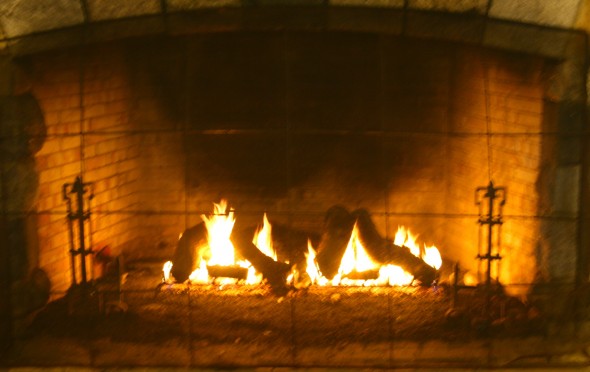Most of you know that I an ordained pastor in the Evangelical Covenant Church, a denomination in the free church tradition, with many ties to both Lutheranism and Methodism. This is a paper submitted to a denominational committee in 2007. All of us were required to read Eugene Peterson’s fine book, “Eat This Book: a conversation in the art of spiritual reading,” before we met together. Four of us were assigned to be the writers for four related topics and then all four were to be compiled into one document. Somehow, one part never got written and so one of our NT professors took all the pieces that did get submitted and re-wrote them into one longer paper. I believe that exactly ONE line of my contribution ended up in the final product! (Here is a link to the entire paper, if you’re interested in reading it.) I loved doing the work for this assignment — looking at scripture and at our denominational heritage to re-state what we believe about the word of God. I am posting it here in conjunction with the final post in the Q & A Series. It is an extra resource.
All scripture references in this portion of the paper are taken from the TNIV
How the Bible Reads Us:
Reading for Transformation
Part 4 of an ECC Resource Paper on
how the Covenant does biblical and theological reflection
written by Diana R.G. Trautwein
”Come here and listen to the words of the LORD your God.
This is how you will know that the living God is among you…” Joshua 3:9-10
“If you are sitting there dead in sin and shame, dear one, sit then where it rains…
It is always raining in the Word. Sit there, and you will soon be drenched through and through.”
August Pohl (1845-1913) Sermon in Missions-Vanne, September, 1878,
from Images in Covenant Beginnings, Eric G. Hawkinson (1968), pp. 65-67
From its earliest days, the Evangelical Covenant Church has proclaimed both a profound respect and an abiding passion for the written word of God. Our respect for the Bible leads us to honor its contents with serious study, doing the difficult but rewarding work of textual, historical, linguistic, literary, and sociological analysis. We train our pastors and encourage our laity to make use of good academic tools, and to read with minds engaged, as we seek to learn together about the biblical underpinnings of our shared faith. We desire to honor God’s word and to serve the church through rigorous scholarship, careful deliberation about interpretive differences and humble appreciation for this rich resource we share. We stand in awe before the word of God and its complex ancient languages, its variety of historical details, covering thousands of years and dozens of cultures, and its beautiful mix of literary styles and types – all of it working together to tell the story of God’s redeeming work in the world.
Our passion for the Bible leads us to a slightly different perspective when we read God’s word, both personally and as a community of faith. As a people of God committed to the Word, we firmly believe that in addition to standing in awe before the Bible, we also need to sit in obedience under it. A foundational truth for the Covenant church is that the word of God is a living thing, a primary place where we go to meet the living God. “The Word of God is ‘spirit and life’ and always meets us as such, and therefore requires of us a spiritual and living response.” (From Covenant Principles, 1960 and 1973) “We are a people of a Book. We believe the Bible is the place where God is to be met, where his forgiveness is proclaimed, and where his will is made known…the Bible is for us a meeting place with God.” (From Covenant Committee on Freedom and Theology, Biblical Authority and Christian Freedom (1963), pp. 6-7).
This gift of God, this living book, is made alive for us and in us through the presence and power of the Holy Spirit. It is the Spirit who makes the word “alive and active.” (Hebrews 4:12) “Sharper than any double-edged sword, it penetrates even to dividing soul and spirit, joints and marrow; it judges the thoughts and attitudes of the heart.” Paul picks up similar imagery in his letter to the church at Ephesus when he describes God’s word as “the sword of the Spirit.” (6:17) This remarkable, double-edged sword of the Spirit – God’s sculpting, shaping word – does its work in us in order to transform us. Through the guiding, probing, challenging power of the Holy Spirit, the word of God works within each of us as individuals, and within all of us as a community, to transform us into the image of Jesus Christ, who is the heart and center of our shared story.
For our story as a denomination, our stories as local congregations, and our individual and personal stories all find their meaning and purpose within the larger story of God, as it is told to us in scripture. This is most especially true as God’s story is lived out in and through Jesus, who is “the radiance of God’s glory and the exact representation of his being, sustaining all things by his powerful word.” (Hebrews 1:3) When we come to this narrative in an attitude of openness, expecting to encounter the life-changing, powerful Word, we discover that we are there, participants in God’s story of love and rescue. Even though this marvelous word was not written to us, it surely was written for us, and our fingerprints begin to emerge with every turn of the page. We, too, have bitten into forbidden fruit and paid the price for it; we, too, have wandered through the wilderness, wondering where we’ll land; we, too, have been overwhelmed by a task, only to discover that God is able, that God is faithful; we, too, have been lost and then found.
These discoveries, made in the context of reflective, participatory reading and meditation on the word of God, also lead us into confrontation and challenge. Not only do we recognize ourselves in the sly ambition of a Jacob or the sibling rivalry of his 12 sons or the chronic complaining of the newly freed Hebrew slaves, as they meander through 40 years of desert living, we also come face to face with the call of scripture to live differently. Sitting under the Bible in obedience means that we must do more than simply smile in recognition, and shake our heads at the vagaries of human willfulness. Following the admonition of Jesus in the gospel of Luke, we learn to call ourselves blessed if we are “those who hear the word of God and obey it.” (11:28) Obedience to the word of God, which is possible only through the affirming, comforting and challenging presence of the Holy Spirit, leads to transformation in the life of the disciple and in the life of the church. Conversion is necessary; repentance is required; change is inevitable. We are continual works in progress; we are ever pilgrims on the way; we are always “being transformed into his image with ever-increasing glory.” (2 Corinthians 3:18)
It is this process of conversion and change, wrought by the living word of God at work within us, “that has been at the heart of the Evangelical Covenant Church since its founding…This dynamic life-shaping power of the word leads us to affirm that both women and men are called to serve as ordained ministers. It is the reason we intentionally pursue ethnic diversity. It is the motivation behind every act of compassion and justice through the life of our shared ministry.” (From Covenant Affirmations, 1976, 1996, 2005.)
Collectively and individually, we are encouraged to continually come to the word of God in a spirit of humility and gratitude, seeking to discover how we are to be changed, how we are to be transformed into the church and the persons that God intends us to be. We come to the text not simply to ‘feel better,’ nor to find a magic ‘fix’ for a particularly vexing question or problem; not to earn ‘points’ for good behavior, nor for confirmation of a preconceived agenda. We come to the word of God to wrestle with our own sinfulness, to acknowledge our own brokenness, to learn of God’s redeeming grace one more time. We come to be changed.
It is only by purposefully placing ourselves, as individuals and as a community of faith, in a posture of submission, receptivity and expectation that the word of God can continue to convert us. It is there, and only there, that we find ourselves in the best possible place to receive God’s gift of grace, over and over again. Many years ago, C.O.Rosenius wrote these words: “Thus you see that the Word was the means through which God sustained your life in grace. It is the same way with the church and with all Christians. God’s Word is not called a means of grace in vain. Without this word it is impossible to keep a life in grace.”* Thanks be to God for the “life-shaping power,” and grace-sustaining winsomeness of the word.
* “On the Purpose and Necessity of Using God’s Word,”
from Images in Covenant Beginnings, Eric G. Hawkinson (1968), p. 113
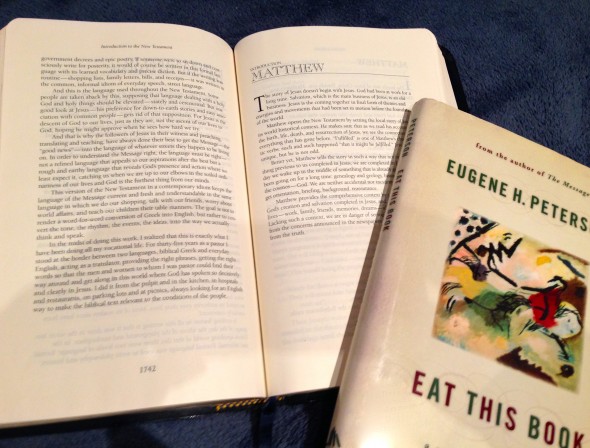
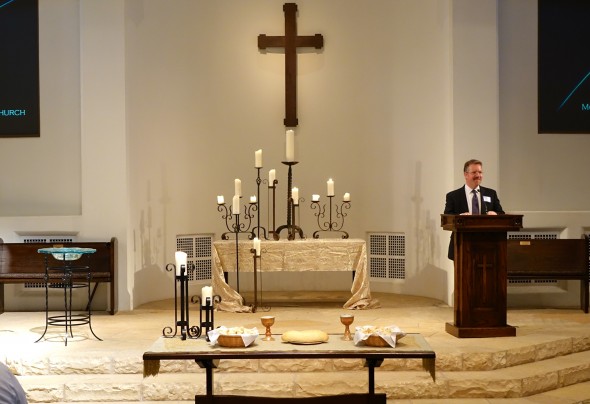
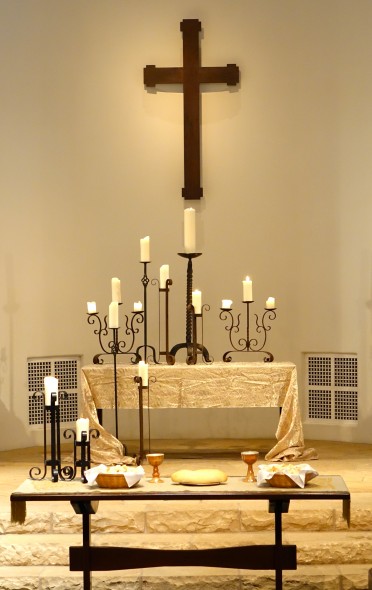
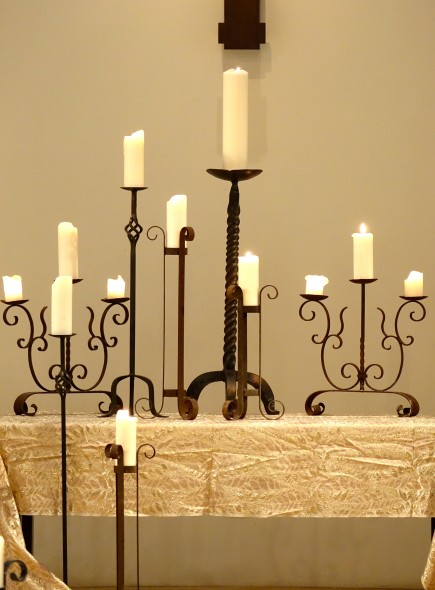
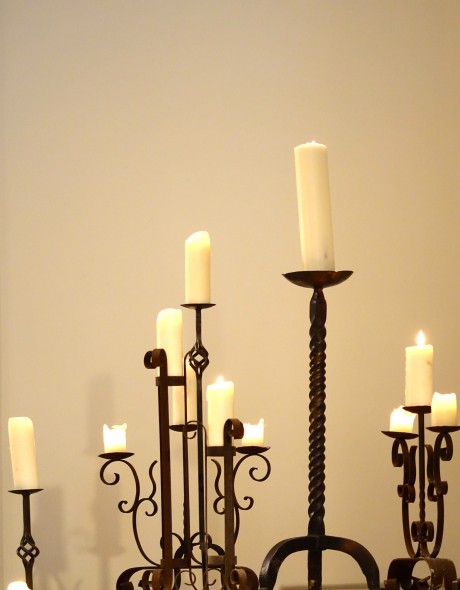
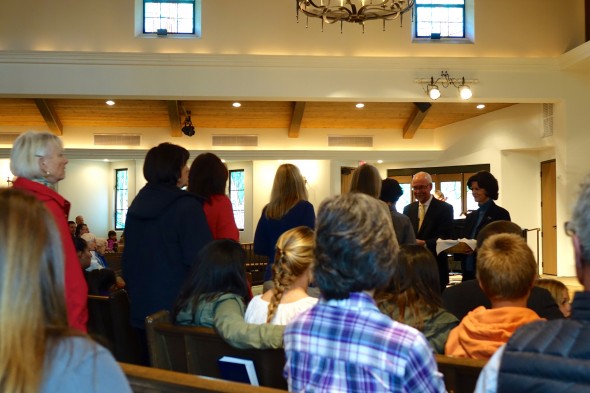
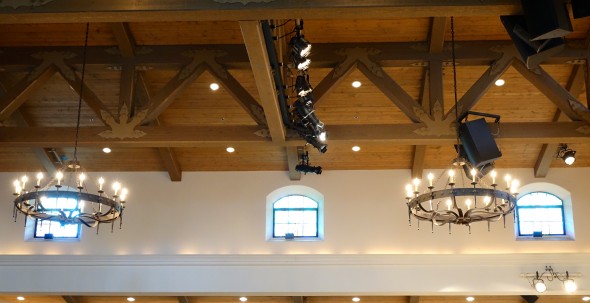
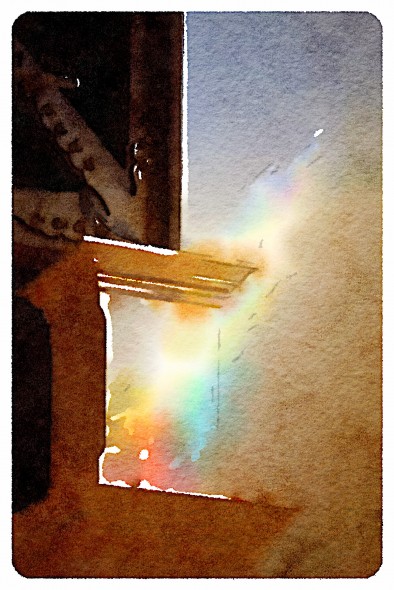




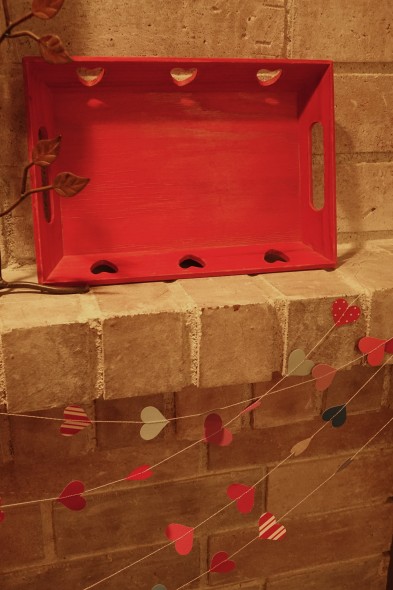





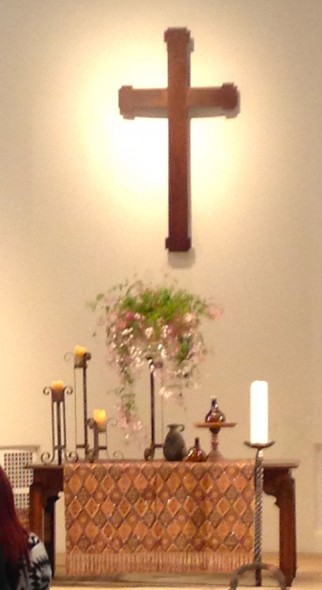
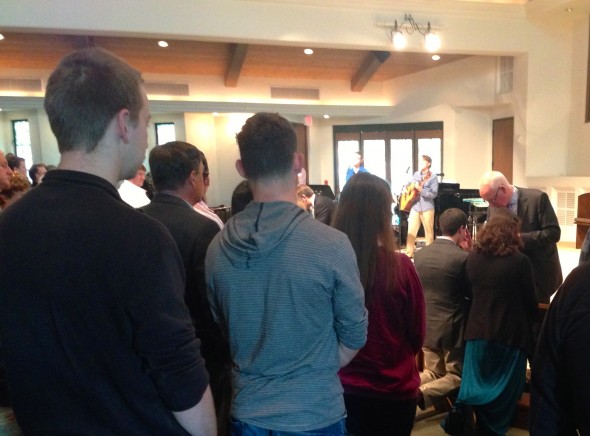
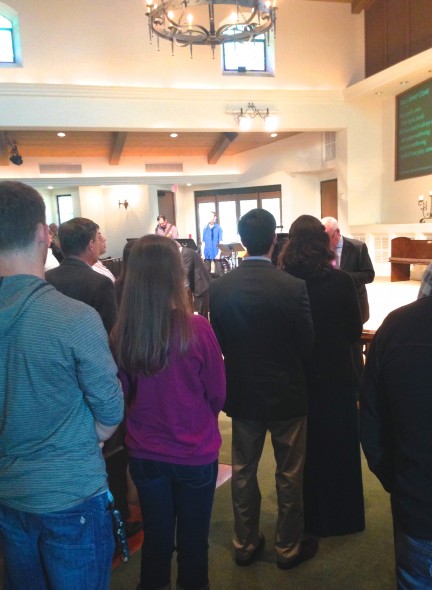
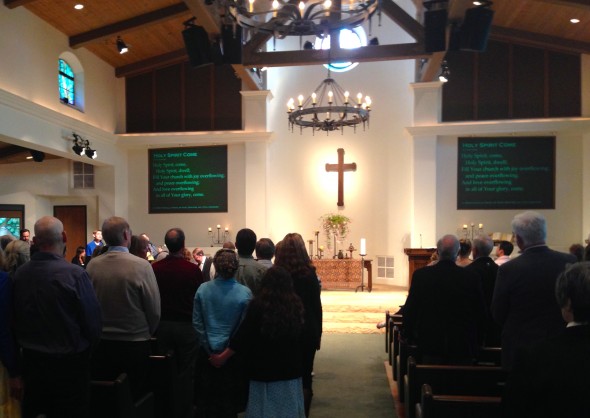
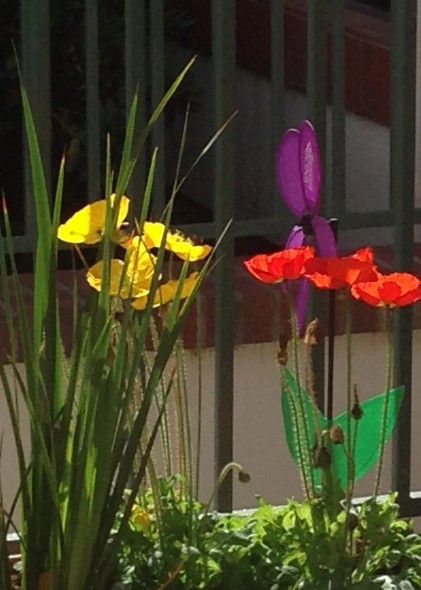 Sunlight through the poppies when we had lunch with ‘the moms’ after church.
Sunlight through the poppies when we had lunch with ‘the moms’ after church.
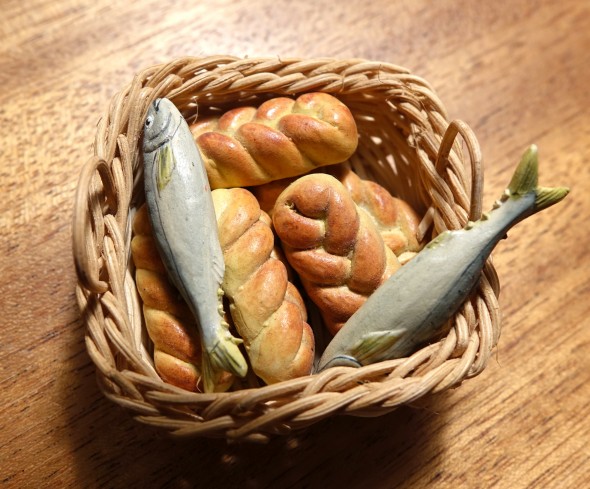
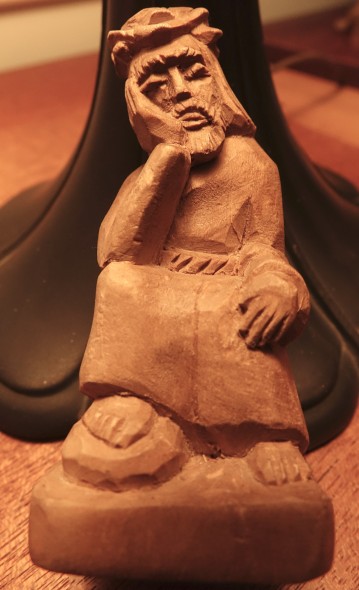
 Loading InLinkz ...
Loading InLinkz ...